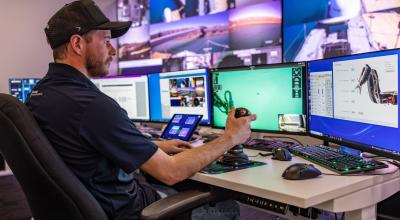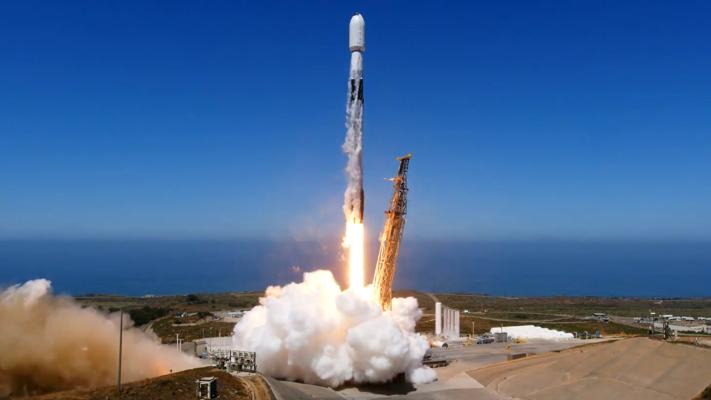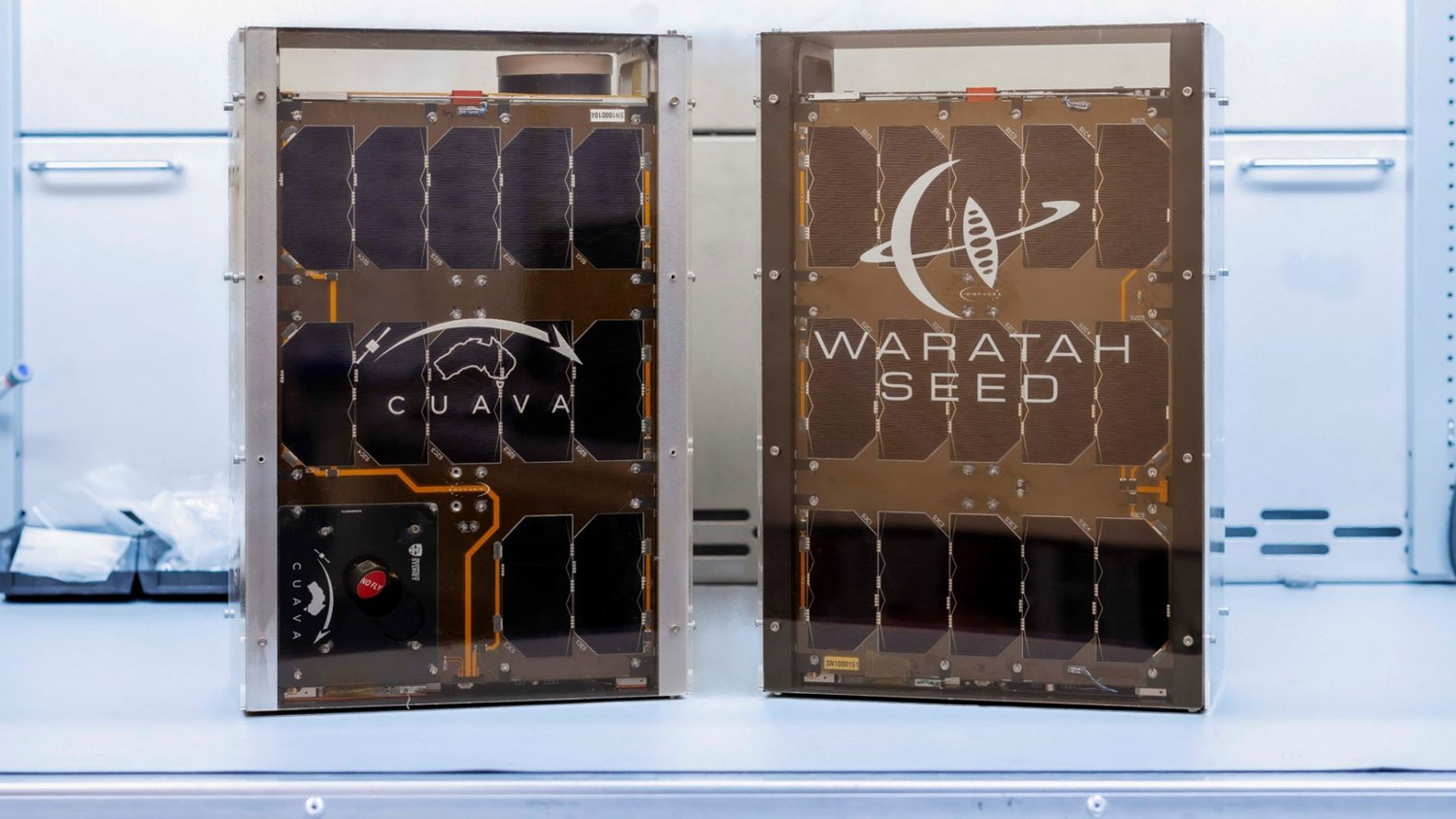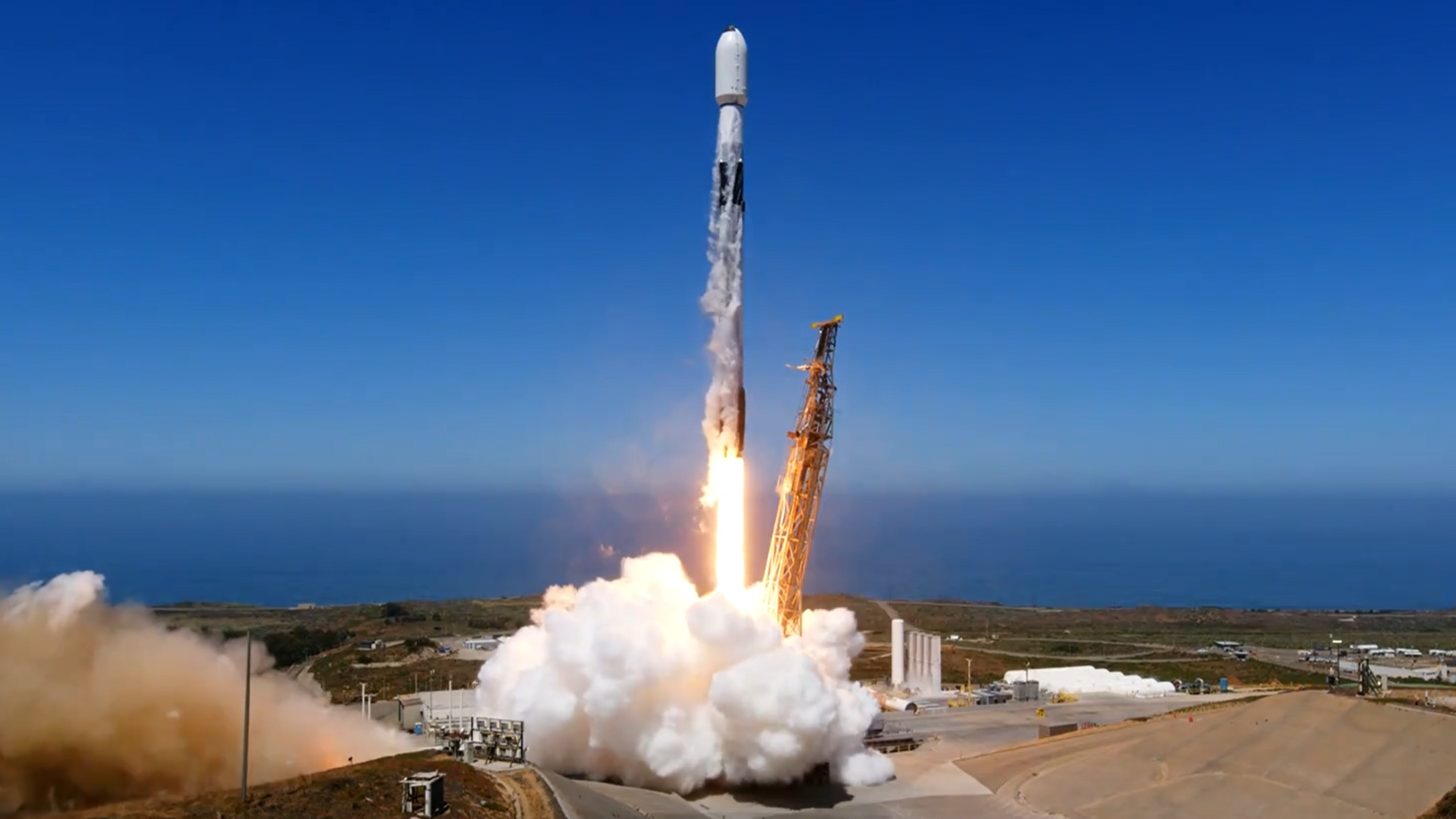More critical space capabilities for Australia were launched into orbit in the early hours of Saturday.
In a remarkable milestone for Australia's space industry, three Aussie-made satellites – Kanyini, Waratah Seed, and CUAVA-2 – were sent to space as part of SpaceX’s Transporter-11 mission from Vandenberg Space Force Base in California.
This milestone marks the culmination of years of hard work and collaboration between many government agencies, universities, and Australian space businesses. It also follows Curtin University's success earlier this month, which saw three CubeSats as part of its Binar Space Program successfully dock at the International Space Station.
Kanyini
A South Australian Government CubeSat, whose mission is led by SmartSat CRC, is carrying an IoT sensor developed by Myriota and satellite shell manufactured by Inovor Technologies.
The spacecraft also contains a compact Earth imaging payload to support research into areas such as crop health, forestry, and inland and coastal water management.
“We are excited for Kanyini to unlock more opportunities for research and development of innovative, sovereign Australian space technologies,” Stephen Mullighan MP, Minister for Defence and Space Industries, South Australia Government.
Waratah Seed
Waratah Seed is an Australian ride-share mission. The CubeSat is funded by NSW Government, with a host of cutting-edge technologies on board from five space startups: Euroka Power, Spiral Blue, Extraterrestrial Power, Contactile and Dandelions.
The spacecraft also has technology aboard from:
- Mawson Rovers
- Deneb Space
- The University of Technology Sydney
- The University of Sydney, The University of NSW
- SmartSat CRC
- The ARC Training Centre for Cubesats, UAVs and their Applications (CUAVA).
CUAVA-2
Joining Kanyini and Waratah Seed is CUAVA- 2, a CubeSat developed by NSW’s ARC Training Centre for CubeSats, UAVs, and their Applications (CUAVA).
CUAVA-2 is a six-unit CubeSat with two primary payloads:
- A hyperspectral Imager designed by a space photonics group at the University of Sydney to provide a technology demonstration and data for applications across agriculture and forestry, coastal and marine environments, urban areas, water hazard and mineral exploration.
- A GPS reflectometry payload developed by the Australian Centre for Space Engineering Research (ACSER) at the University of New South Wales.

Industry showcase
Australian space innovations making an impact.




